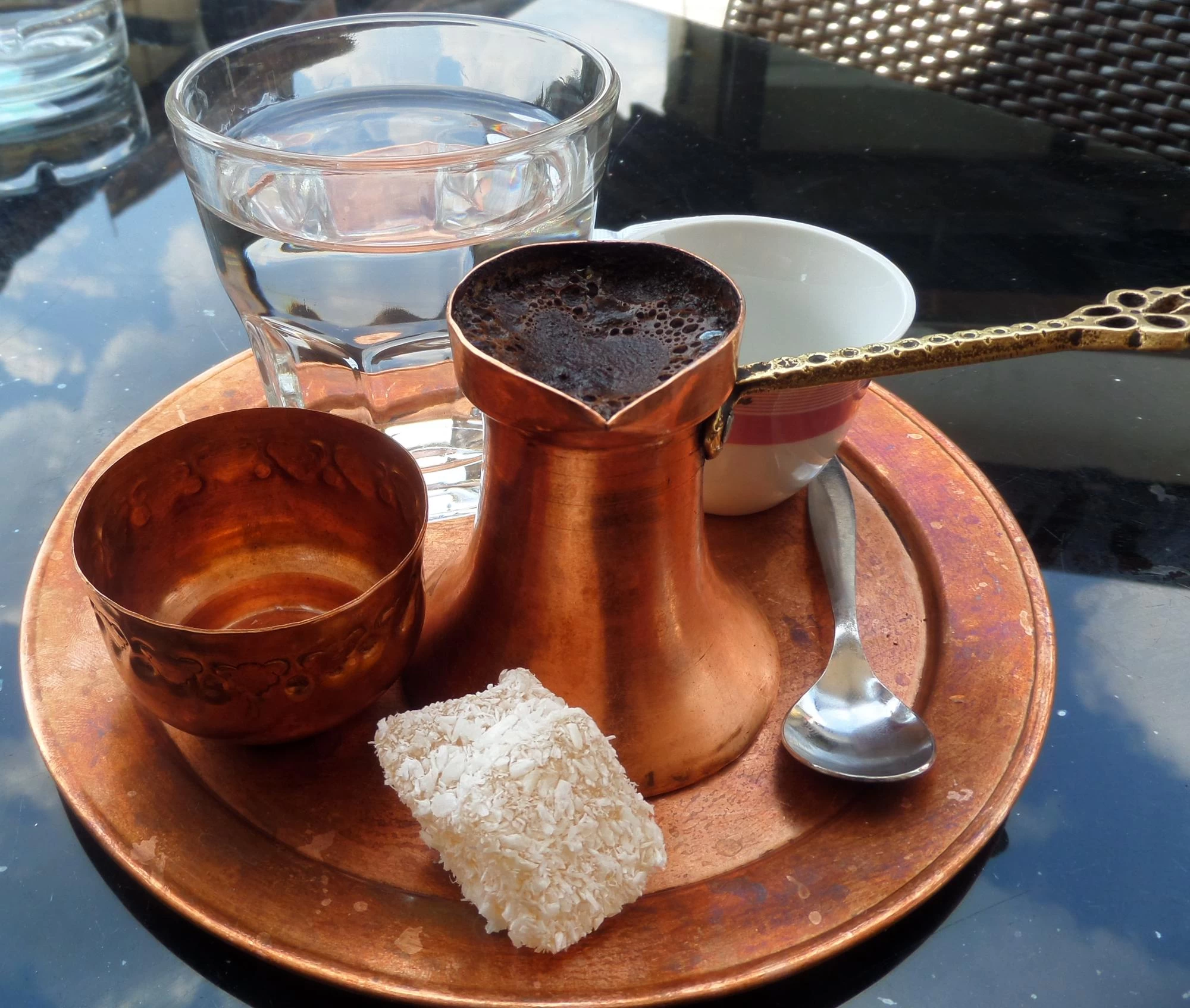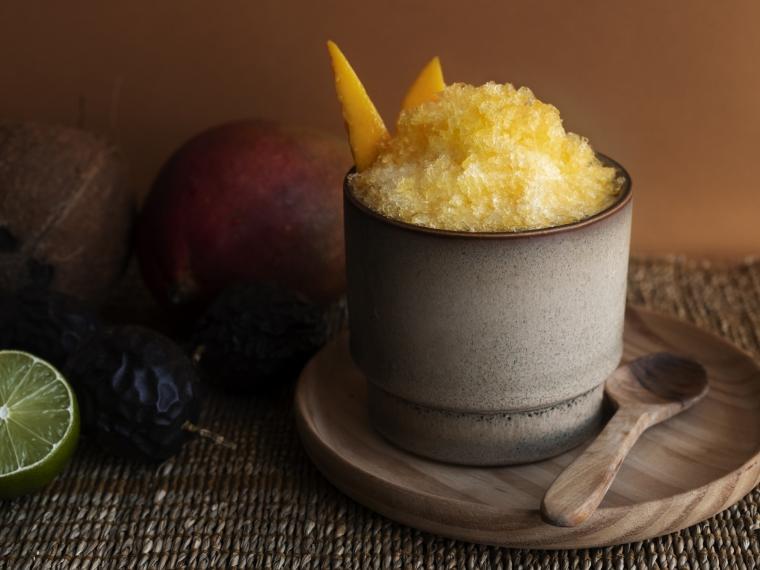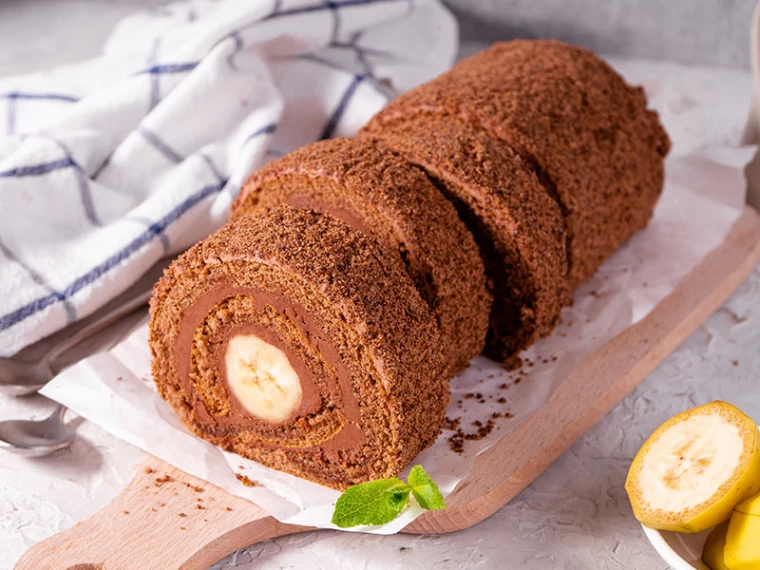Turkish coffee is one of the oldest and most beloved coffee brewing methods in the world, deeply rooted in the cultures of the Middle East especially Turkey, Iran, Arab countries, and the Balkans. Known for its intense flavor and aromatic richness, Turkish coffee is more than just a drink, it’s a cultural ritual and a symbol of hospitality.
What Is Turkish Coffee?

Turkish coffee is made using ultra-finely ground coffee beans (almost like flour). Its key differences from other brewing methods include:
- The coffee is not filtered, it’s boiled with water.
- No special machines or filters are used.
- The grounds settle at the bottom of the cup, forming a signature layer.
Ingredients for Making Turkish Coffee on the Stove (Per Person)
|
Ingredient |
Amount |
|
Cold water |
100 ml (about ½ cup) |
|
Turkish coffee |
1-2 tsp |
|
Sugar (optional) |
½ to 2 tsp, to taste |
|
Cardamom or cinnamon (optional) |
A pinch |
Tools Needed:
- Cezve: Traditional Turkish coffee pot
- Teaspoon
- Small Turkish coffee cup
Step-by-Step Preparation
- Pour cold water into the cezve.
- Add Turkish coffee to the water. Do not stir yet, let the coffee float.
- Add sugar if desired.
Sweetness levels:
- No sugar (plain)
- Slightly sweet
- Medium sweet
- Very sweet
- Gently stir the mixture until smooth.
- Place the cezve over very low heat. High heat causes rapid boiling and ruins the foam.
- When foam rises and nears the surface, remove from heat. Do not let it boil.
- Spoon the foam into the cup. Return the cezve to heat briefly, then pour the rest of the coffee.
- Wait a few seconds for the grounds to settle, then enjoy.
Health Benefits of Turkish Coffee

When consumed in moderation, Turkish coffee offers several benefits:
- Boosts Alertness & Focus
Caffeine stimulates the nervous system and enhances mental clarity.
- Improves Brain Function
May enhance short-term memory and reduce mental fatigue.
- Supports Weight Loss
Can boost metabolism and suppress appetite.
- Anti-inflammatory & Antioxidant
Rich in polyphenols and antioxidants that fight free radicals.
- Mood Enhancer
Stimulates dopamine and serotonin, promoting feelings of happiness.
Who Benefits Most from Turkish Coffee?
- Students: For better focus during study
- Professionals: To combat fatigue at work
- Active people: For an energy boost
- Dieters: When consumed without sugar or milk
Who Should Avoid Turkish Coffee?
- People with heart conditions: Caffeine may increase heart rate
- Pregnant women: Excess caffeine is not recommended
- Those with insomnia: Caffeine can disrupt sleep
- Those with digestive issues: Coffee’s acidity may cause discomfort
- People with anxiety or palpitations: Coffee may worsen symptoms
Important Tips for Drinking Turkish Coffee
- Sip slowly and savor the experience
- Do not drink the coffee grounds at the bottom
- Traditionally served with water and sweets like Turkish delight
- Best enjoyed after meals with a short break
Conclusion
Turkish coffee is a blend of art, flavor, and tradition. While simple to prepare, it requires care and attention. Drinking it is a calming and enjoyable ritual for many. By following proper guidelines, you can enjoy its benefits while avoiding potential downsides.
Frequently Asked Questions (FAQ)
- Can Turkish coffee be made with milk?
No. Traditional Turkish coffee is made with water. Milk alters the flavor and ruins the natural foam.
- How important is the foam?
Very important. A thick, aromatic foam is a hallmark of good Turkish coffee.
- Does Turkish coffee cause addiction?
No, but excessive caffeine intake may lead to dependence. Moderation is key.
- How many cups per day are safe?
1 to 2 cups daily are generally safe and beneficial for most people.
- Is it better to drink Turkish coffee in the morning or evening?
Morning or before noon is best to avoid sleep disruption.





